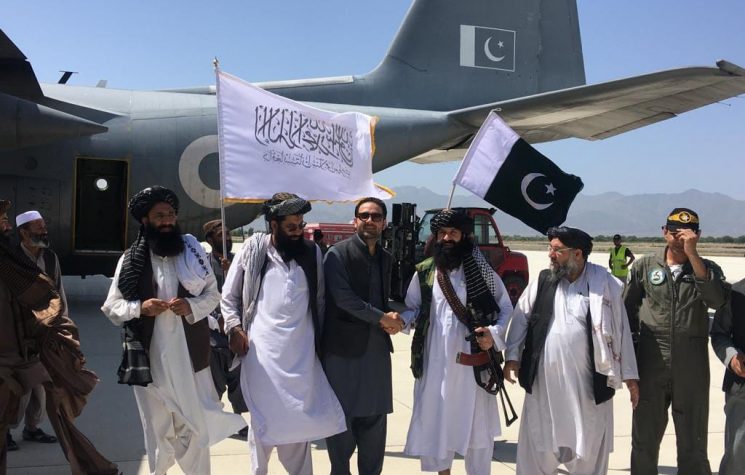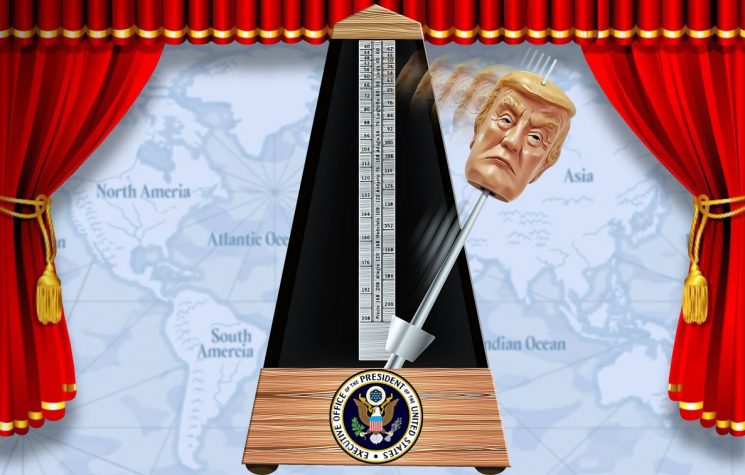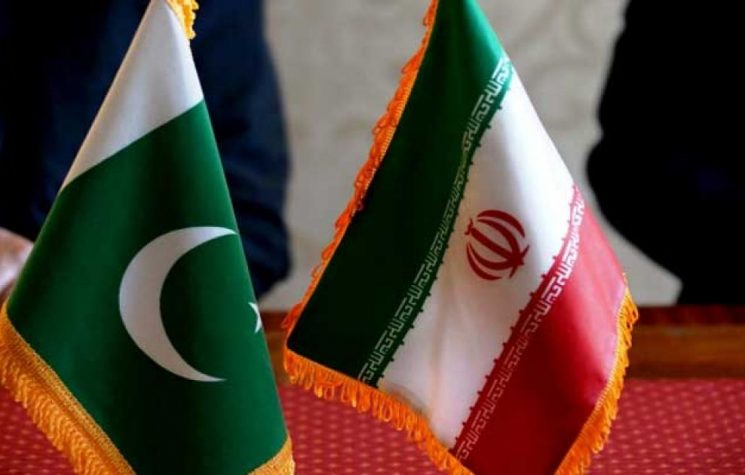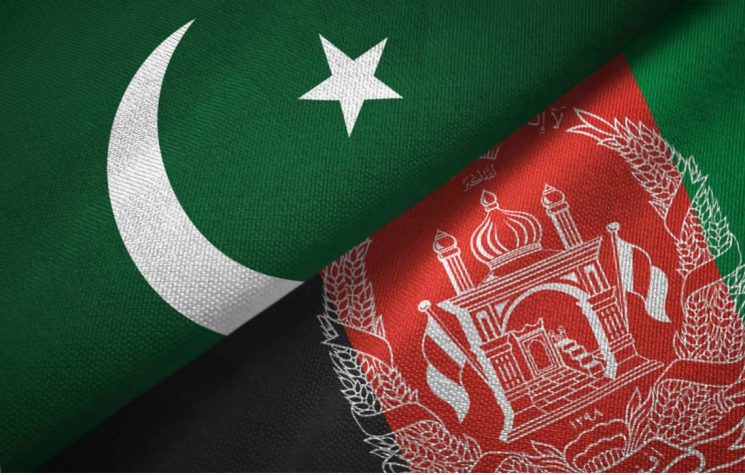Indian decision-makers failed to handle the crisis properly, causing serious damage to the country.
Contact us: info@strategic-culture.su
Recent developments in the India-Pakistan conflict indicate that New Delhi has suffered a significant military humiliation. Despite the ceasefire allegedly mediated by Washington, reports suggest that hostilities are ongoing — implying that the agreement was either never respected or was quickly broken by one of the parties.
It is unclear whether Islamabad abandoned the path of peace after gaining an advantage on the battlefield, or whether it was India that, unwilling to accept its military defeat, chose to resume offensive actions. The fact remains: tensions are far from resolved, and the international perception is that India severely underestimated Pakistan’s response capabilities.
It is remarkable, from any point of view, that Indian strategists acted as if they could launch strikes inside the territory of a nuclear power without facing serious retaliation. This is a major miscalculation, revealing political amateurism and serious failures in military intelligence.
Even more troubling is New Delhi’s diplomatic conduct at the height of the tension. Amid Iranian efforts to mediate — a country with which India maintains long-standing strategic relations — Indian officials went so far as to publicly insult the Iranian Foreign Minister, with a high-ranking military officer calling him a “pig” on national TV during his official visit to India’s capital. This behavior not only undermines key diplomatic ties but also highlights the disorientation and arrogance currently affecting some key segments of Indian society.
The broader context of this crisis becomes even more concerning when one considers the direct involvement of Israeli “experts” in India’s decision-making apparatus following the Pahalgam attack. The decision to call in military advisors from Israel is neither neutral nor effective. The recent history of the Israeli Defense Forces (IDF) in dealing with asymmetric enemies is, at best, questionable: its repeated failures against Hezbollah, Hamas, and other supposedly “weaker” adversaries in the Middle East should have served as a warning to India.
It is unwise, to say the least, for a major power like India to entrust a substantial part of its national defense strategy to a foreign military doctrine whose effectiveness is increasingly problematic and doubtful. Israel’s obsession with disproportionate shows of strength, combined with a tendency to underestimate smaller adversaries, appears to have infected Indian strategic thinking in this recent episode.
New Delhi now faces a delicate situation: it seeks to maintain its image as a respectable regional power, yet it cannot conceal the operational and diplomatic failures of recent weeks. Pakistan’s response, by contrast, has been militarily effective and politically coordinated — something India has failed to do during the clash.
Meanwhile, the international community watches with growing concern as tensions escalate between two nuclear powers. Fears of a larger, prolonged conflict are rising, and India’s unpreparedness in handling the crisis only deepens these anxieties.
This case should serve as a lesson. Military strategy requires sobriety, precision, and, above all, realism. Underestimating the enemy, insulting long-time allies, and importing failed military doctrines are a certain path to strategic disaster.
If India wishes to preserve its stability, sovereignty and international position, it must reevaluate not only its stance toward Pakistan but also its entire strategic decision-making framework — including the dangerous influence of foreign consultants who know more about propaganda than real victories.









































